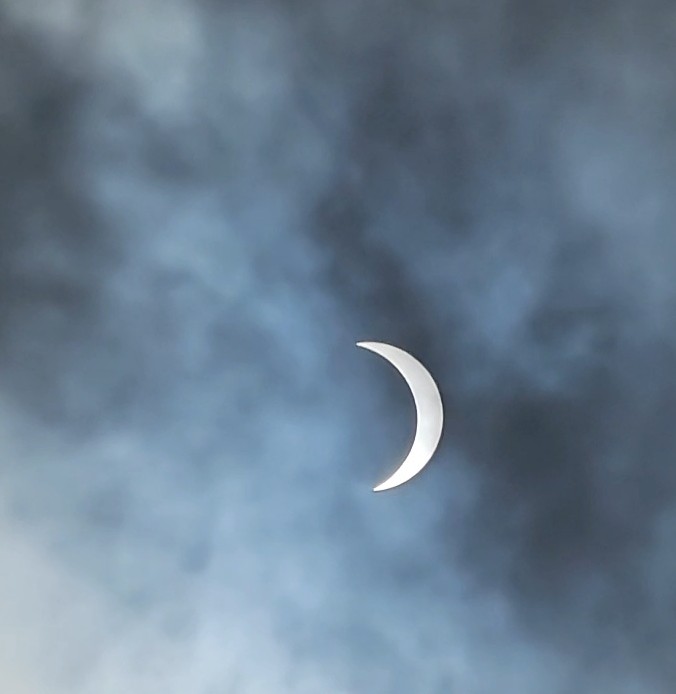These headlines are so misleading. The court is not saying you can advertise traditional wings as boneless, or that it can be a piece of meat with intentional bones in it. They’re saying that the term “boneless” refers to the style of wing (i.e. not a wing at all, but chopped up breast meat), a term that differentiates them from traditional bone-in wings. And the term is not a legally binding guarantee that no accidental bones are found in the wings.
That may still sound ridiculous, until you realize that it is not uncommon at all for a small piece of rib bone to remain attached to chicken breasts when butchered. I find them from time to time when I buy chicken breasts at the grocery store. If that bone isn’t caught and removed either in the processing of the whole chicken or in the final processing of the chicken breasts into boneless wings, that piece of bone CAN end up in the boneless wings your are served. In fact, from what i read, that sounds like exactly what happened in this case. What the court said is basically that restaurants are not liable for the presence of these little rib bones based solely on the fact that they use the correct and common term for the style of wings that happens to be “boneless”.
Tldw: The court was wrong. Because they completely ignored the cause of action for breach of warranty and focused solely on negligence (which isn’t the only important thing here). That when you sell ‘boneless wings’ you warranty that the wings you sell don’t have bones in them. Boneless isn’t a cooking style like fried or grilled.
Whether or not they ruled correctly is up to lawyers and judges more knowledgeable than I am to decide. I was just clarifying that the headline seems imply a completely different conclusion than the court actually made.
-deleted-
I hope they choke on a boneless bone
What about boneless pizza though
So… wings?





